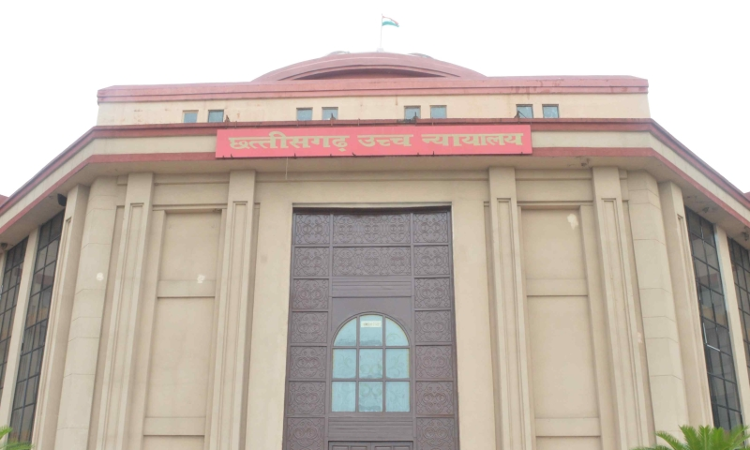Writ Of Habeas Corpus Can't Be Issued In 'Missing Persons' Case: Chhattisgarh High Court
Shrutika Pandey
26 April 2022 2:45 PM IST

Next Story
26 April 2022 2:45 PM IST
The Chhattisgarh High Court recently held that cases of missing persons cannot be brought under the provision of the Habeas Corpus petition. Noting that such cases are to be dealt with as regular cases by the competent Court of Law and that extraordinary jurisdiction of the Constitutional Courts cannot be invoked, a Division Bench of Justices Arup Kumar Goswami and N.K....
